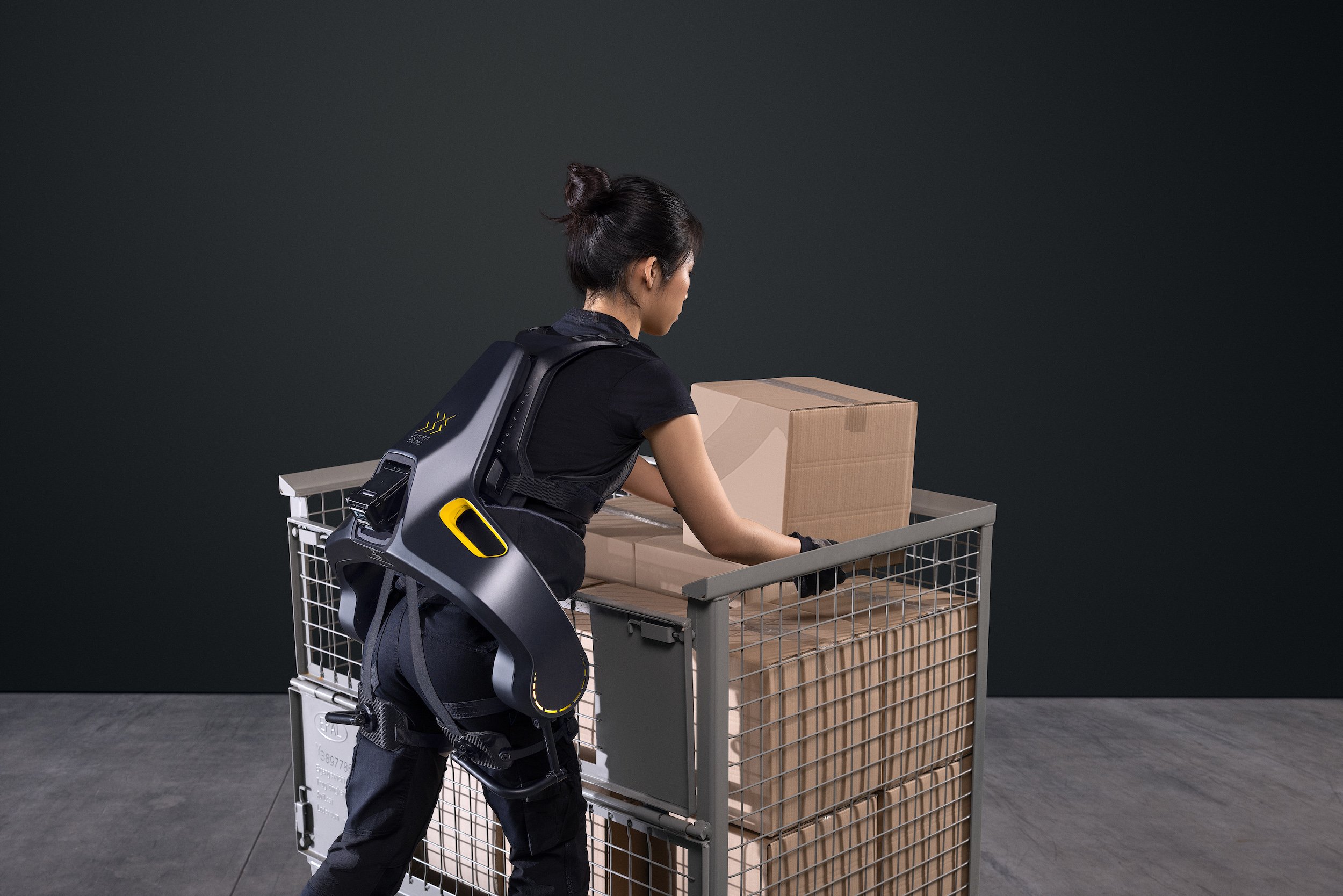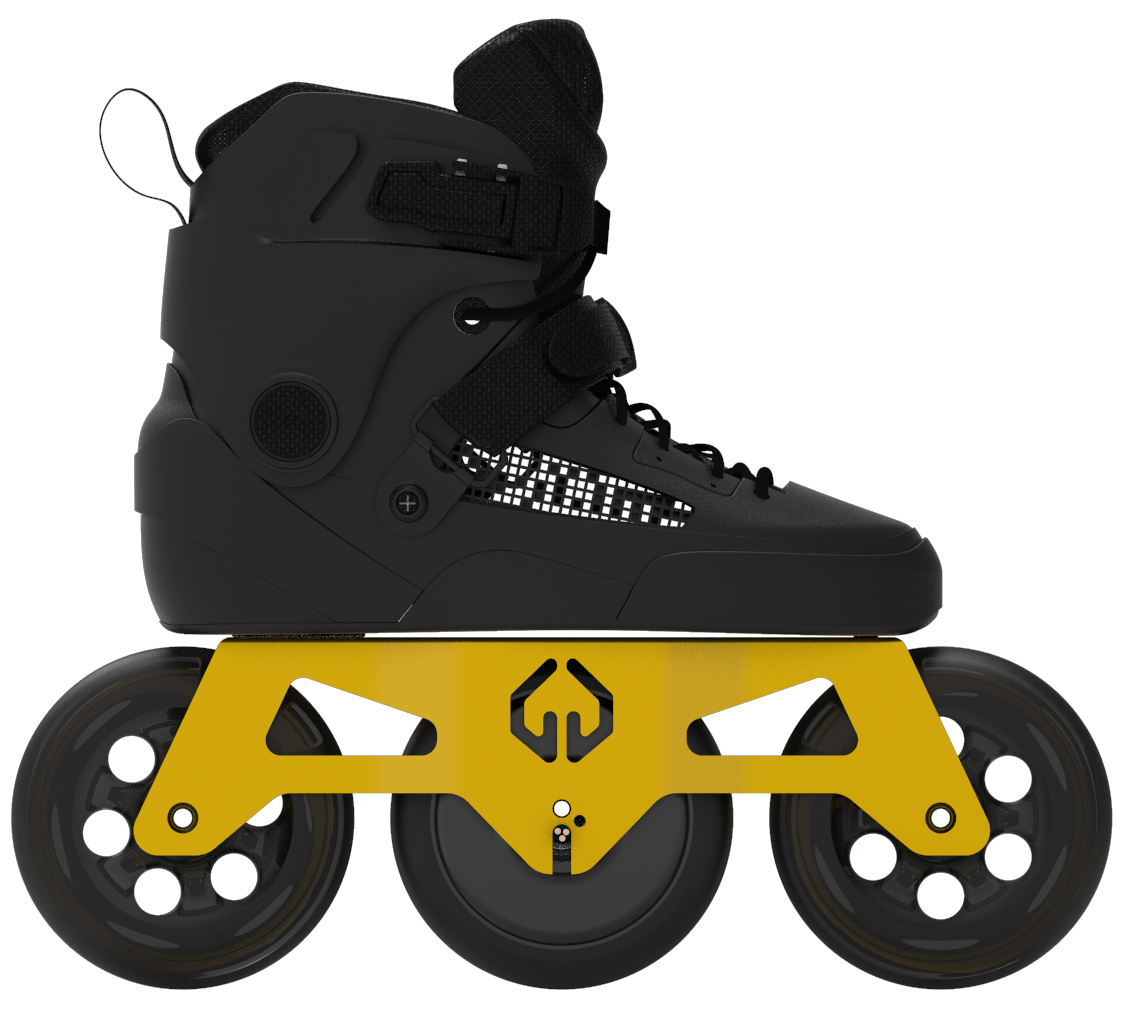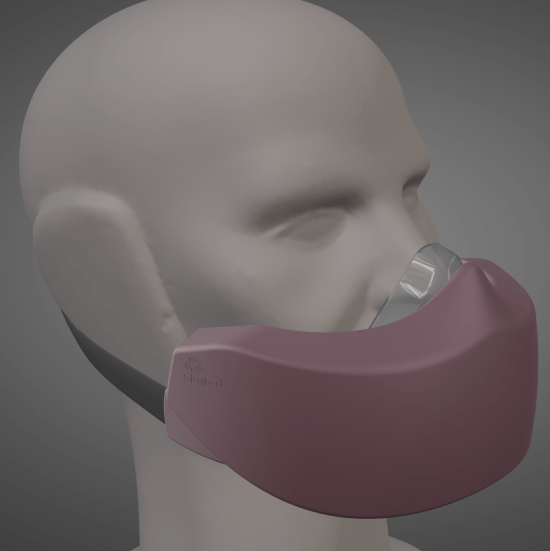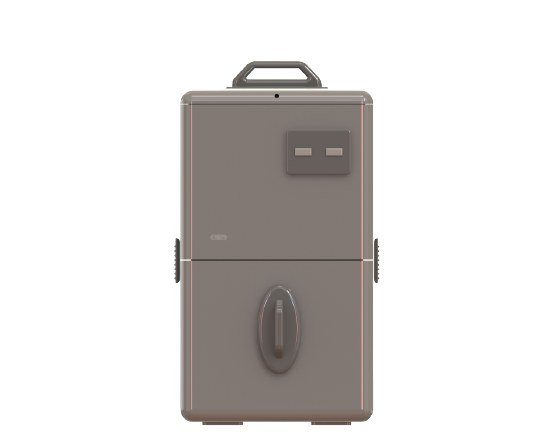The Consumer Electronics Show (CES) is over for another year.
3,200 exhibitors got up close and personal in Las Vegas to showcase their wares to the public, network, meet investors and partners, and help raise their profile.
This year, a sizeable number of European tech startups attended the conference in Las Vegas, including 70 from the Netherlands, 200 from France, and 20 plus from Germany.
While numbers are down from early years when exhibitors topped 4,500, the show is still a sizeable beast spread over 11 official venues.
That said, it can be challenging to find value-adding products amidst the noise and hype, but European hardware startups have done us proud across the broadest tech. Here are just a few highlights:
Robotic exoskeleton (Germany)

These days products on show at CES extend beyond personal and smart home devices. And they are changing lives. German Bionic develops wearable AI-powered robotic exoskeletons and won the CES 2023 "Best of Innovation" Award for its AI-powered robotic exoskeleton Apogee.
The Innovation Awards are given annually by Consumer Technology Association to exhibiting products judged to be the most innovative, useful, well-engineered, and well-designed.
Exoskeletons augment heavy lifting and walking by providing up to 30 kg of mechanical support for the lower back. They use self-learning to support lifting movements and prevent poor posture and are designed for roles like package delivery, baggage handling, and caring for people in health settings.
The company has raised over €35 million in three funding rounds, including $20 million in series A funding in 2020 and €15 million of venture debt in 2022.
Exoskeletons provide a valuable alternative until robots reach a critical mass and price point to do all of the heavy lifting for us.
Electric roller blades (France)
Everyone's familiar with electric scooters, but French startup AtmosGear has gone one better by electrifying the ultimate 90s mode of transport, inline skates. Inspired by anime, these world-first patented skates are operated by a handheld remote control and come with a battery capable of 32 kilometres of travel.

The skates contain a hub motor capable of lifting 150kg uphill, and regenerative braking allows you to recover up to 15% autonomy downhill. You can also recharge your skates while you skate by wearing a waist bag holding the battery and cables connected to the skates. I can't think of a better place to test these out than the massive halls of CES.
On a side note, I wonder how much the French hate slow walkers, as Rolkers was also at CES with its slightly bizarre invention – wheels to strap on your shoes to enable you to walk twice as fast.
Energy harvesting (Belgium)
If I were to list a big trend for 2023, it would be energy harvesting, encompassing everything from electric vehicle charging roads to wireless over-the-air charging and self-powered chips.
Imagine a battery that never needs charging – well, it's a reality. Belgium startup E-PEAS extends the battery life of IoT applications through its suite of ambient energy harvesting, processing, and sensing solutions. Its tech uses ambient energy from photovoltaic, thermal, vibration, and remote powering (RF) sources to add infinite battery life to wireless devices ranging from solar bird trackers to energy-harvesting watches.
With over €13 million in funding, and investors like JCDecaux, Semtech, and Airbus, this is a company to watch.
SOVN stops teeth grinding (The Netherlands)
Solutions for teeth grinding (bruxism) usually require wearing expensive, uncomfortable custom mouth guards. SOVN has developed a solution using IoT to solve a painful problem.
Connected earbuds use microsensors to detect when you start grinding your teeth or clenching your jaw in your sleep. Upon detection, "soothing vibrations" are sent, which nudge your subconscious to relax your jaw without waking you up.
A connected app tracks the frequency and longevity of bruxism and provides a space to track factors like environment, diet, lifestyle, and mood, which may contribute to teeth grinding.
Technically the device is a wellness wearable rather than a medical device but it's impressive enough to be awarded a CES Innovation award. It will appeal hugely to people unable to sleep wearing a mouthguard.
Voice silencing Mask ( France)

People who talk loudly on the phone are rage-inducing. But French company Skyted has a solution that doesn't involve violence.
The company has created a wearable "voice silencer" mask. It uses a bone conductor microphone which transmits sound vibrations through your cheekbones instead of through the air. This blocks the sound of speech in public, absorbing 80% of voice vibration, reducing sounds from -25 to -40 decibels. It can pair with phones using Bluetooth and is compatible with video-calling apps like Zoom.
As well as coworking spaces and public transport, it's suitable for online gaming.
Skyted is backed and financed by various investors, including Airbus Dev and has joined the European Space Agency Accelerator Program to introduce inflight calls. I dream of these being handed out on flights when WiFi-connected in-air calls become mainstream. Now we need a product that blocks the sound of people watching iPad videos without headphones.
Water purification and disinfection device (Ukraine)

Since the invasion of Russia, Ukraine's water purification, delivery, and wastewater infrastructure have suffered intense attacks, cutting off access to safe water and sanitation for millions of civilians.
Traditional methods of individual water purification become difficult due to the lack of the necessary pressure, consumables, and a stable source of electricity.
In response, Kharkiv startup OptySun has created a fully self-contained device for rapid water purification and disinfection in emergency conditions. It has developed a small container weighing up to 4 kg to which the user adds water, connects the device to the power grid or power source, and in half an hour gets 10 litres of clean, disinfected water. This amount covers the daily needs of five people.
The device is patented in the US and Ukraine, and the fledgling startup is a spin-off of the Kharkiv Polytechnic Institute.



Would you like to write the first comment?
Login to post comments